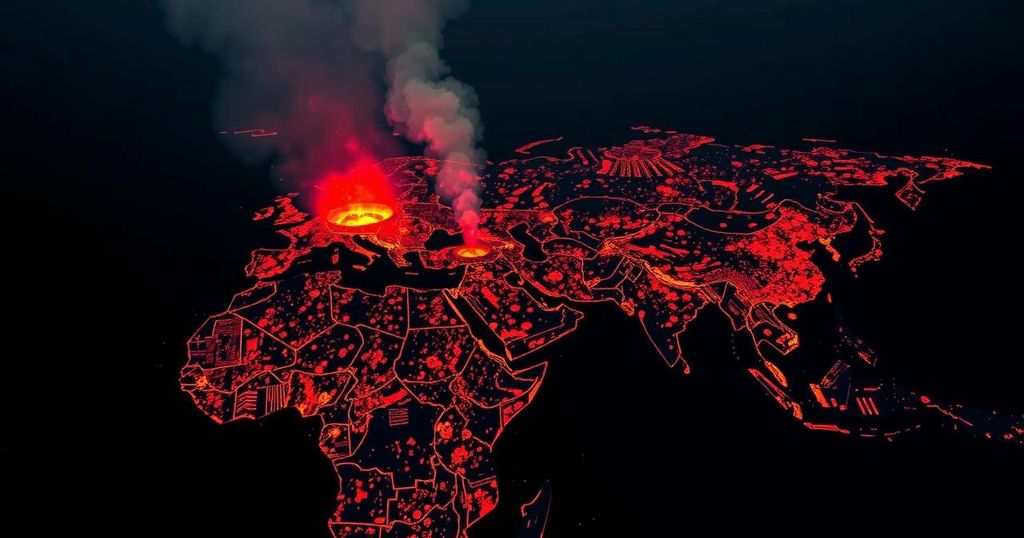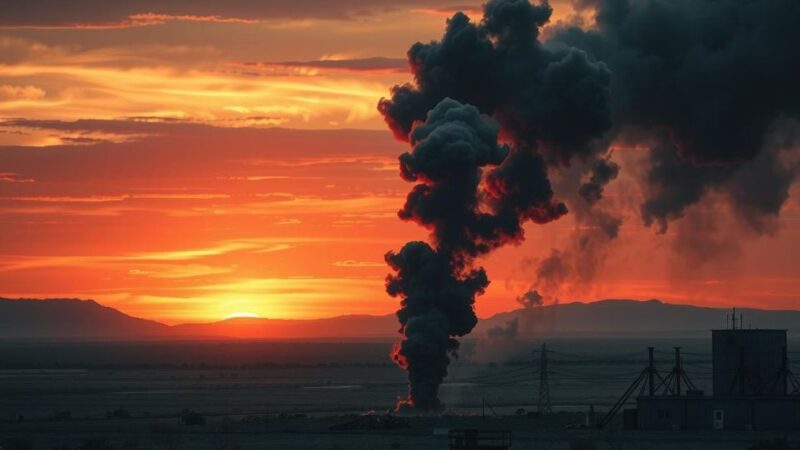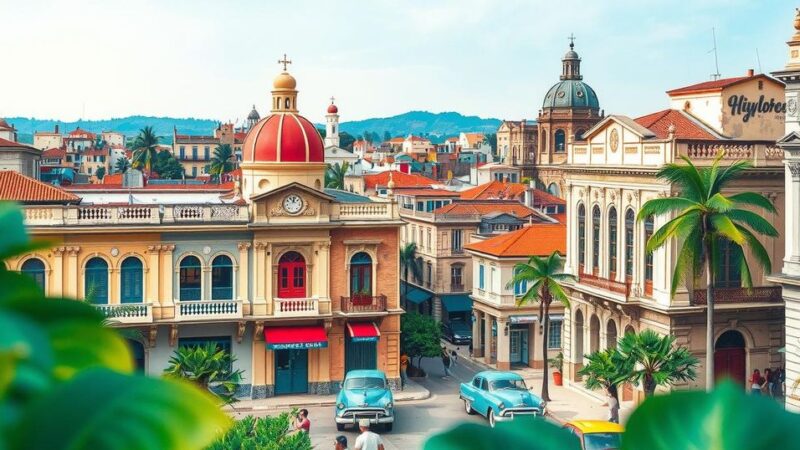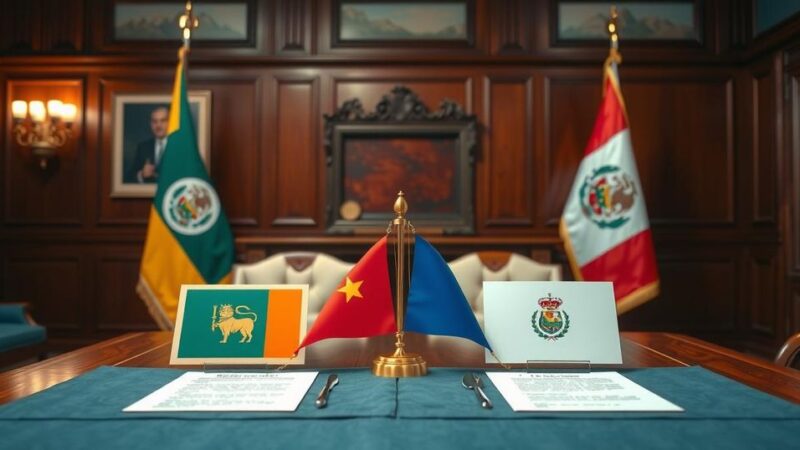Kolwezi, a critical mining city in the Democratic Republic of Congo, is now at the center of U.S.-Chinese competition for cobalt and copper. The U.S. has initiated the Lobito Corridor, a railway aimed at improving access to minerals and countering China’s dominance in the region. However, local populations continue to see little benefit from these efforts, highlighting the challenges of external investment amid widespread corruption.
Kolwezi, a modest city in the Democratic Republic of Congo, plays a crucial role in the global competition for critical minerals, particularly cobalt and copper. Situated amid significant mining operations, Kolwezi has found itself at the center of U.S.-Chinese rivalry. Recently, a U.S.-backed railway project, known as the Lobito Corridor, was initiated to transport ore to Angola’s Lobito port. This initiative aims to counter China’s dominance in the mineral sector of Central Africa, where it controls over 80 percent of Congo’s copper mines and holds a significant position in cobalt extraction.
As President Biden embarks on a visit to Lobito, he seeks to bolster this infrastructure project, mobilizing support from the European Union and G7 nations. The Lobito Corridor, which spans over 800 miles, is regarded as a strategic route that significantly reduces transportation times for mined minerals. Experts acknowledge the potential benefits for mining operations in the region, such as those pursued by Russell Fryer, the CEO of Critical Metals, who expressed a desire to sell copper concentrate to European and North American markets.
Despite these efforts, China’s influence remains pervasive, especially with its vast investments across the continent through the Belt and Road Initiative. The ubiquity of Chinese presence is evident in Kolwezi, from billboards in Chinese characters to establishments owned by Chinese entities. Furthermore, analysts suggest that the investments from the U.S. may not be sufficient to compete effectively, as many believe that the Lobito Corridor represents just a minor step following years of neglect.
Moreover, local populations in Congo, one of the world’s most corrupt countries, continue to see little advantage from the vast mineral wealth beneath their feet. As noted by Marie Banza Ngoy, who painstakingly extracts copper ore for subsistence, many workers depend on rudimentary tools and receive minimal pay for their labor, often intermediated by Congolese middlemen selling to Chinese traders. The local populace largely remains disengaged from the broader geopolitical maneuvering, emphasizing a disparity between national resource wealth and personal economic benefit.
The Democratic Republic of Congo is endowed with immense mineral resources, primarily cobalt and copper, vital for modern technologies, particularly electric vehicles and batteries. However, the country faces significant challenges, including systemic corruption and a lack of infrastructure. As international competition intensifies, particularly between the U.S. and China, initiatives like the Lobito Corridor—aimed at enhancing mining logistics—have emerged. This project not only seeks to reinforce U.S. interests but also highlights the ongoing struggle for influence in a historically neglected region. The interaction between foreign investment, national governance, and local realities remains a critical aspect of this dynamic.
In conclusion, Kolwezi’s strategic importance in the global race for critical minerals underscores the complexities of international politics in resource-rich regions. While the U.S. aims to enhance its foothold through projects like the Lobito Corridor, China’s existing dominance and local populations’ struggles reveal the multifaceted challenges that come with such geopolitical maneuvers. Ultimately, ensuring that the benefits of these mineral resources extend to the Congolese people remains a daunting task amidst ongoing external competition and internal corruption.
Original Source: www.wmra.org






